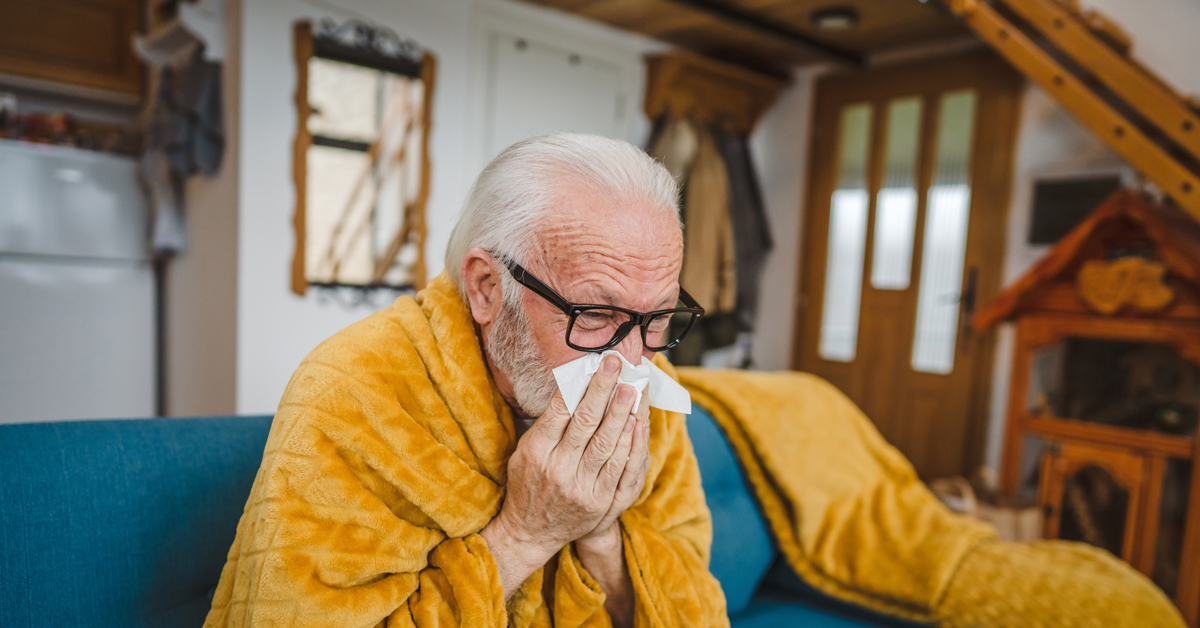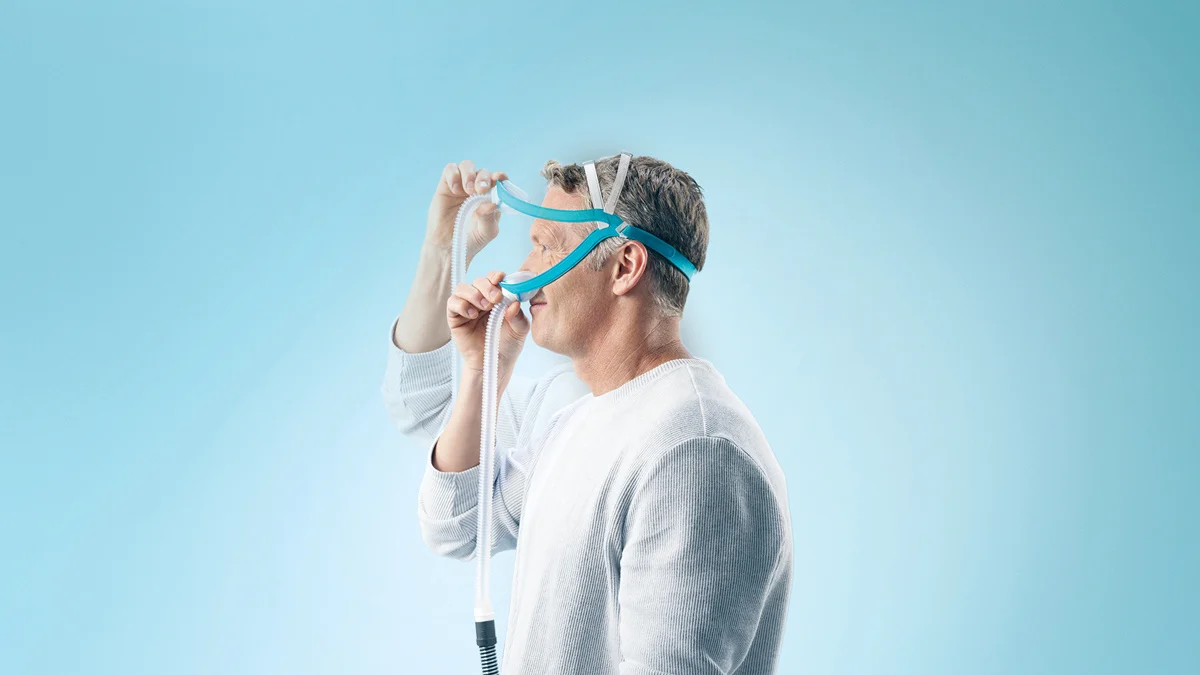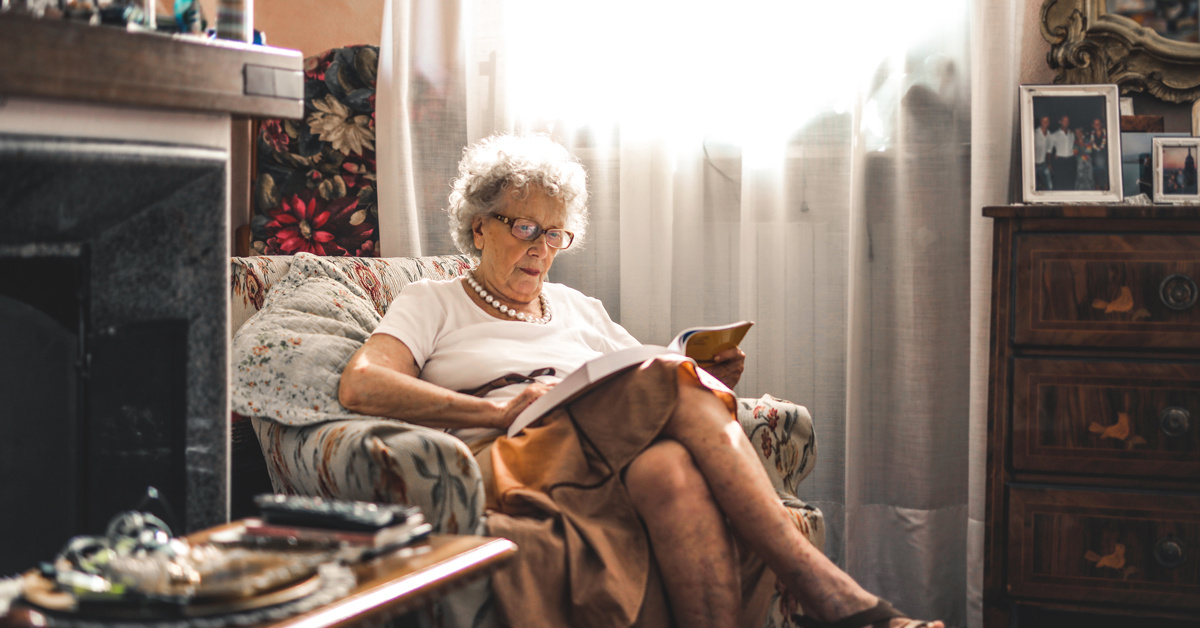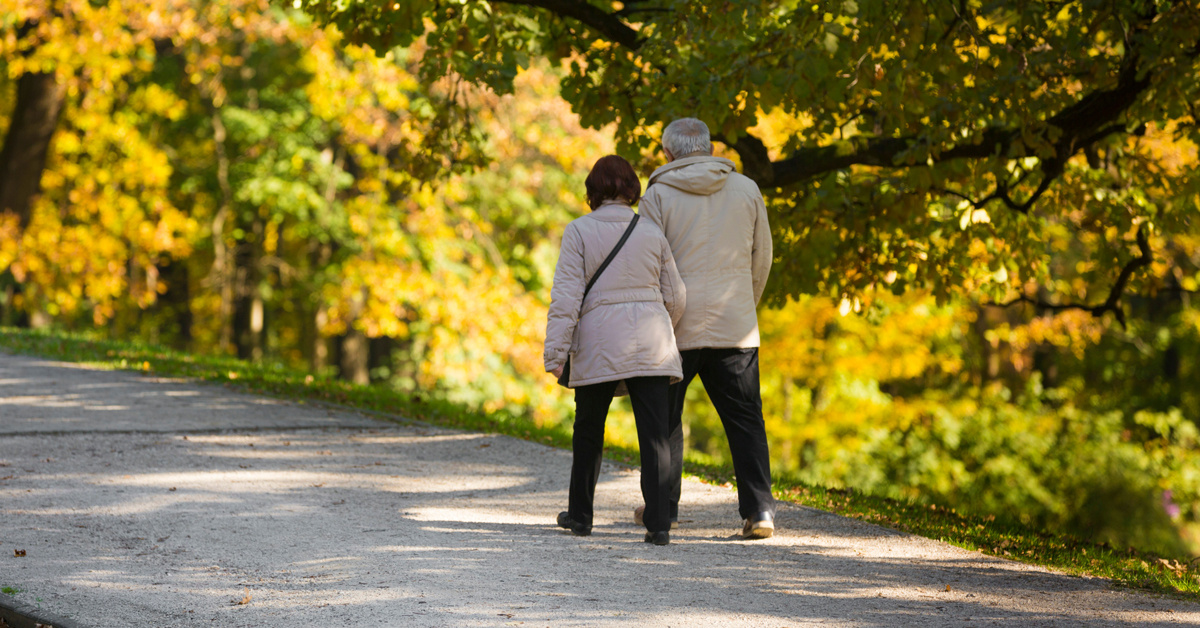Summer Air Can Make Breathing More Difficult. Here's How to Still Enjoy The Season
For many people, summer is the best season of the year. Trips to the beach, vacations in the mountains, journeys to faraway lands.
But for people with COPD (chronic obstructive pulmonary disease), the excessive heat and humidity of summer can be truly challenging.
Studies show that people with COPD report more severe and frequent symptoms when exposed to warmer temperatures.
Lesley Williams, Apria’s Market Clinical Trainer and a registered respiratory therapist, states, “Understanding how heat and humidity affect your COPD and following these 8 simple tips, you can thoroughly enjoy your summer while successfully managing your COPD.”
How the Summer Heat Puts You At Risk
Shortness of breath—also called dyspnea—is a common problem for people with COPD. Heat and humidity make the problem worse because they force your body to work harder to maintain its normal temperature.
Inhaling heated air can also irritate already inflamed airways, causing them to contract. This condition is called bronchospasm, which is marked by chest tightness, wheezing, and coughing.
Summer thunderstorms also produce higher levels of allergens, which are absorbed by the excess humidity in the air. These allergen-laced particles are easy to inhale and carried widely by the wind.
Plus, pollution tends to increase during summer, putting you at greater risk for COPD flare-ups.
Here’s what you can do to breathe as comfortably as possible this summer…
1. When It’s Hot Outdoors, Stay Indoors
Researchers have found that for people with COPD, the ideal temperature is 70 degrees with a humidity level of 40%. Temperatures above 90°F (32°C) can be particularly dangerous for people with COPD.
You can avoid COPD exacerbations by staying indoors with air conditioning during the hottest times of the day. If you have errands to run, do them in the morning or later in the day. If you must go outside, stay in the shade as much as possible.
Also, beware of summer activities that can cause breathing problems, such as campfires, bonfires, and fireworks. Wear a mask or steer clear of these activities altogether.
2. Dress For the Season
Leave your tweeds and flannels in the closet. Choose lightweight, breathable fabrics—cotton, linen—that are light-colored and loose-fitting.
And wear a wide-brimmed hat to protect you from the sun’s rays.
3. Stay Hydrated
Our bodies need water to keep cool. When we get hot, we perspire, so we’ve got to replace that fluid. That’s why it’s critical to drink plenty of fluid throughout the day—even when you aren’t thirsty.
Try to drink eight glasses of water each day. Carry a water bottle with you so hydration is always within reach. And avoid beverages like caffeine and alcohol that can further dehydrate you.
Staying well hydrated has another important benefit: it helps prevent mucus buildup, which can make breathing more difficult.
4. Try Cool Showers or Baths
It’s a refreshing way to reduce your body temperature. You can also cool off with a mister or by placing a damp, cool washcloth on your forehead or neck.
5. Take Your Meds
Be sure to continue any medications prescribed by your doctor. These include bronchodilators, anti-inflammatory agents, and antibiotics. And be sure to carry a fast-acting inhaler.
If you are on supplemental oxygen, ask your doctor if you need to adjust your treatment due to the extreme heat.
6. Control Your Home’s Heat and Humidity
During summer, heat and humidity spike, making it even harder to breathe. When at home, turn on the air conditioner and keep the shades drawn during the day. If you don’t have an air conditioner, go to a friend’s home or shopping mall that does. Or use a fan to keep cool.
You may also consider buying a dehumidifier to lower the humidity level at home.
7. Watch the Weather
Tune into your local weather report every day. Watch for pollution advisories. The National Weather Service has also created a heat index chart that evaluates the weather based on heat and humidity.
And be sure to plan outings earlier in the day or after the sun sets, when the temperature and humidity levels drop.
If you’re going on a summer vacation, check the temperature and humidity of your destination and plan accordingly.
8. Pace Yourself
Try not to exercise or do any type of strenuous work outdoors on hot days. But don’t stop exercising altogether. Go to a gym or take an extended walk around a shopping mall—as long as the air conditioning is working.
If you must exercise outdoors, prepare yourself by drinking plenty of fluids, dressing appropriately, wearing sunscreen, and scheduling your activities in the mornings or early evenings. And do not overexert yourself.
Here’s to a Cool, Not Cruel, Summer
Summer’s heating up. That’s why people with COPD must cool down. Follow the tips in this article. Lesley Williams says, “If you find yourself having shortness of breath, make it a point to contact your doctor. We want you to breathe free and easy all summer long.”
References
1. Leader, D. (Updated 2020, August 5). Coping With Heat When You Have COPD. Verywell Health. https://www.verywellhealth.com/copd-the-heat-is-on-914679.
2. Managing COPD in the Summer. National Emphysema Foundation. https://www.emphysemafoundation.org/index.php/living-with-copd/97-therapeutic-toolbox-articles/224-managing-copd-in-the-summer.
3. Cultivating Health. (2022, June 29). 15 summer safety tips for people with breathing problems. UC Davis Health. https://health.ucdavis.edu/blog/cultivating-health/15-summer-safety-tips-for-people-with-breathing-problems/2022/06.
4. Editorial Staff. (2022, June 24). Tips to Save Yourself from Summer's Deadly Heat Waves. American Lung Association. https://www.lung.org/blog/heat-waves.
5. (2021, March 3). 5 Tips to Help You Breathe Easier in Hot or Cold Weather. Cleveland Clinic. https://health.clevelandclinic.org/5-tips-to-help-you-breathe-easier-in-hot-or-cold-weather/.
6. Atkinson, A. (2022, July 6). Hot Fun in the Summertime, or Summertime Blues? COPD Foundation. https://www.copdfoundation.org/COPD360social/ Community/Questions-and-Answers/Hot-Fun-in-the-Summertime-or-Summertime-Blues.aspx.
7. Estrella-Eades, S. (2020, August 20). 7 Tips for Breathing in the Summer Heat. Temple Health. https://www.templehealth.org/about/blog/copd-asthma-summer-heat-7-tips-manage-symptoms.
8. Summer’s heat could exacerbate COPD symptoms. Phillips. https://www.usa.philips.com/c-e/hs/better-sleep-breathing-blog/better-breathing/summers-heat-could-exacerbate-copd.html.
9. Wallace, R. (Updated 2019, February 21). COPD Triggers and How to Avoid Them. Healthline. https://www.healthline.com/health/avoiding-copd-triggers.
10. Coping With Summer Heat. COPD Support. https://www.copdsupport.ie/copd-support-group/weather-and-breathing/coping-with-summer-heat.
11. (2019, August 30). How the Weather Can Cause COPD Exacerbation.
Anthem. https://www.anthem.com/blog/living-healthy/how-the-weather-can-cause-copd-exacerbation/.
LEGAL DISCLAIMER: Material in this newsletter is provided for general health education and informational purposes and to provide references to other resources only; it may not apply to you as an individual. While Apria Healthcare believes that the information provided through this communication is accurate and reliable, Apria Healthcare cannot and does not make any such guarantee. It is not intended to be a replacement for professional medical advice, evaluation, diagnosis, services or treatment (collectively, “medical treatment”). Please see your healthcare provider for medical treatment related to you and your specific health condition(s). Never disregard medical advice or delay seeking medical care because of something you have read on or accessed through this website. Reading this newsletter should not be construed to mean that you have a healthcare provider/patient relationship.

.png)



